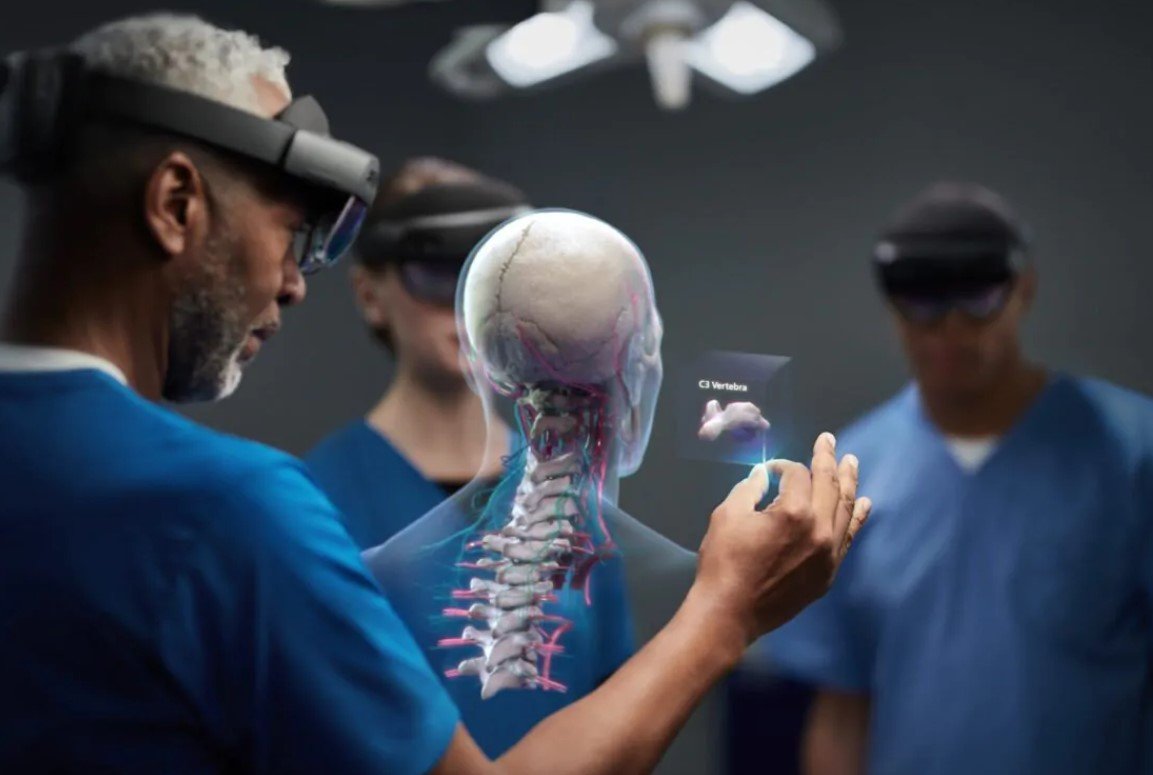The integration of artificial intelligence (AI) into healthcare is revolutionizing the way we approach medical diagnostics, treatment, and patient care. With the potential to enhance the accuracy of diagnoses, personalize treatment plans, and streamline administrative processes, AI stands at the forefront of healthcare innovation.
The AI Revolution in Medicine
AI’s impact on healthcare is multifaceted, offering advancements that benefit both patients and healthcare providers. One of the most significant contributions of AI is in the realm of diagnostics. Machine learning algorithms can analyze vast amounts of medical data, including patient records and imaging, to identify patterns that may elude human detection. This capability not only improves the accuracy of diagnoses but also reduces the time taken to reach them, enabling quicker interventions.

Another area where AI is making strides is in personalized medicine. By leveraging genetic information and individual health data, AI systems can tailor treatment plans to the unique needs of each patient. This approach not only increases the effectiveness of treatments but also minimizes the risk of adverse reactions.
AI also promises to alleviate the administrative burden on healthcare systems. Through automation of routine tasks such as scheduling, billing, and patient record management, AI frees up healthcare professionals to focus on patient care. This shift not only improves efficiency but also enhances the overall patient experience.
Ethical Considerations and Patient Privacy
As AI becomes more prevalent in healthcare, ethical considerations come to the fore. Ensuring patient privacy and data security is paramount, as is maintaining transparency in AI decision-making processes. Healthcare providers must navigate these challenges carefully to maintain trust and uphold ethical standards.
The development of AI in healthcare also raises questions about the future role of healthcare professionals. While AI can augment the capabilities of medical staff, it is essential to strike a balance that leverages the strengths of both human expertise and AI technology.
The Road Ahead: Challenges and Opportunities
The journey to fully integrate AI into healthcare is not without its challenges. Technical hurdles, such as interoperability between different AI systems and healthcare databases, must be overcome. Additionally, there is a need for robust regulatory frameworks to ensure the safety and efficacy of AI applications in healthcare.
Despite these challenges, the opportunities presented by AI in healthcare are immense. As technology continues to advance, AI will play an increasingly vital role in shaping the future of healthcare delivery. By embracing AI, the healthcare industry can unlock new possibilities for patient care and medical research, ultimately leading to better health outcomes for all.


































